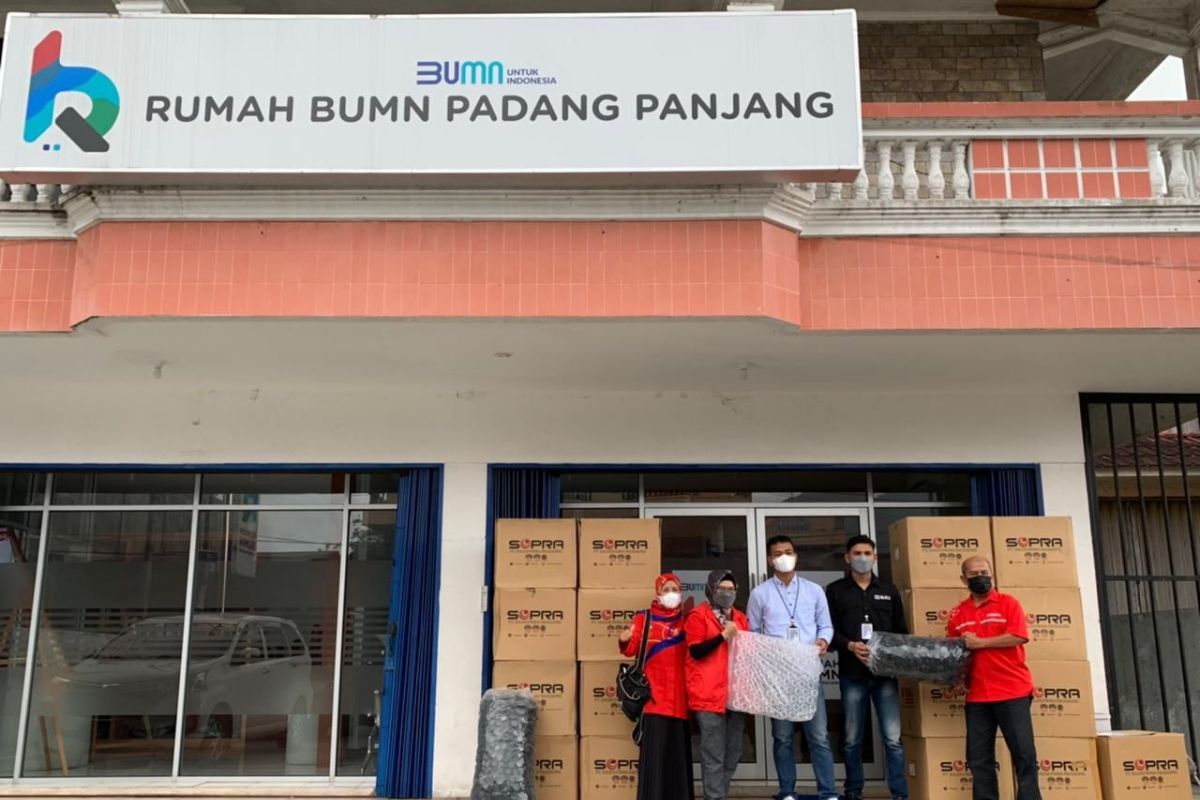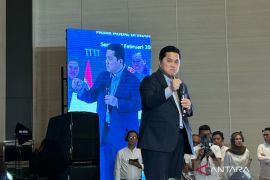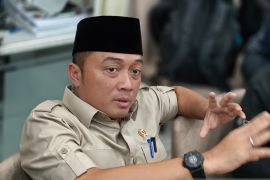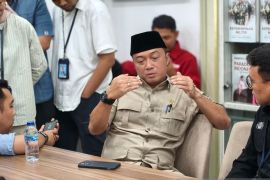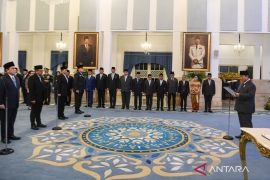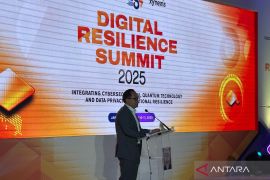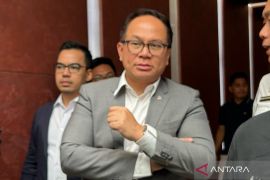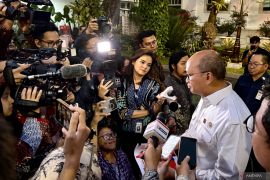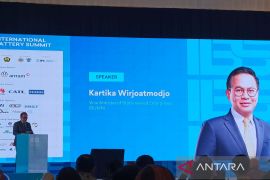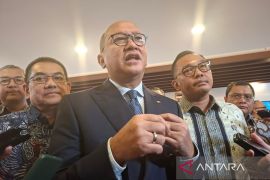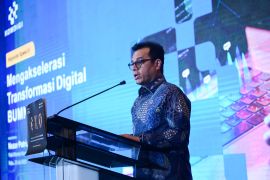President Joko Widodo had earlier stated that MSMEs required to have greater access to business capital funding, to which end he aimed that by 2024, MSMEs should be able to get 30 percent of credit from the banking industry, wherein the credit section as of January 2022 was recorded to be at around 20 percent.
Easier access to capital is expected to encourage MSME actors and the younger generation to expand their business scope.
“MSMEs can become an important component to recover the economy and play a role in overcoming bottleneck supply chain problems due to high demand that have not been able to be fulfilled,” he stated.
He emphasized that MSMEs could become key players in economic recovery following the crisis caused by the COVID-19 pandemic.
A similar view was echoed by Minister of State Owned Enterprises Erick Thohir, who had earlier noted that the Indonesian economy is majorly supported by the informal sector.
“The Indonesian economy is mainly being supported by the informal sector. Hence, the role of MSMEs has become very important,” he affirmed.
On account of this important role played by MSMEs, the minister also highlighted the support given by state-owned enterprises (SOEs) in ensuring that they are being sustained, one of which is through micro credit schemes.
He believes that it is important to keep SOEs close to the people’s endeavors through micro credits and efficient processes.
“This not only helps the people’s economy to recover amid the pandemic but also boosts the transaction volume. I have called on banks under the State-Owned Banks Association to welcome and assist MSME makers as if they are heroes, as they are indeed heroes to the nation’s economy,” he noted.
Related news: Minister sees cooperatives, MSMEs driving economic recovery
Related news: Increased credit for MSMEs helps expedite economic recovery: Economist
Digital transformation
The ministry's aim to support MSMEs is not only being reflected by Thohir’s directives to the SOEs but also in his push for digital transformation for MSMEs.
He lauded the efforts made by BRI Bank in assisting MSMEs to adapt to the fast-paced digital ecosystem, saying that digital transformation adapted by SOEs should reach the people’s economy that is being sustained by MSMEs.
As an economic backbone, intensive literacy to introduce digital transformation and transaction products, MSMEs will become a more empowered backbone to the economy, through business process efficiency and new values from growing businesses.
Meanwhile, Special Staff to the Minister, Arya Sinulingga, affirmed that Thohir is encouraging digital training in Rumah BUMN, a space for the empowerment of the people’s economy under the ministry and managed by BRI Bank in order to increase sales by MSMEs.
Some of the earlier training participants in Rumah BUMN testified to have recorded a rise in their sales and been able to expand their business to a global scale.
“In 2010, I began my business with Rp500,000. I then continue to grow the business with my own capital, until I join the SOE Ministry and trained under BRI and was able to join an exhibition in New York,” according to one of the participants, Miral.
Related news: Digitalization of MSMEs to facilitate economic recovery: VP
The Role of SOEs
Minister Thohir noted that SOEs should be able to bring prosperity to the people, as an arc that draws everyone together to build economic balance, foster business growth, and ensure the people’s welfare.
He believed that in order to achieve this, SOEs should step up and create an ecosystem that involves different parties, including regional governments, the private sector, and also farmers.
To cultivate such strong ecosystem, he pressed for an understanding of common interest that is adopted by every party involved.
Such common interest should be the welfare of the people rather than putting forward the interest of one or two particular sides.
The Ministry of SOEs has begun creating such an ecosystem involving state-owned companies, farmers, and the private sector as well as related ministries.
Thohir has advocated for the use of local products and encouraged people to buy and wear local.
“If our own nation cannot show appreciation for our own products, much like what the Koreans are doing, then our market will not grow. We have to ensure that our market is for the growth of the Indonesian economy,” he stated.
It has become apparent from the several endeavors made by the Ministry of SOE to ensure that Indonesia's market growth surpasses that of other countries for the benefit and welfare of Indonesian people.
Hence, the market should be guarded by all parties involved through tangible policies and programs as well as advocacies for local product consumption.
Related news: Becoming economic recovery heroes by using local products: Ministry
Related news: Finance Ministry mulls extending tax incentives for MSMEs in 2022
Editor: Suharto
Copyright © ANTARA 2022
